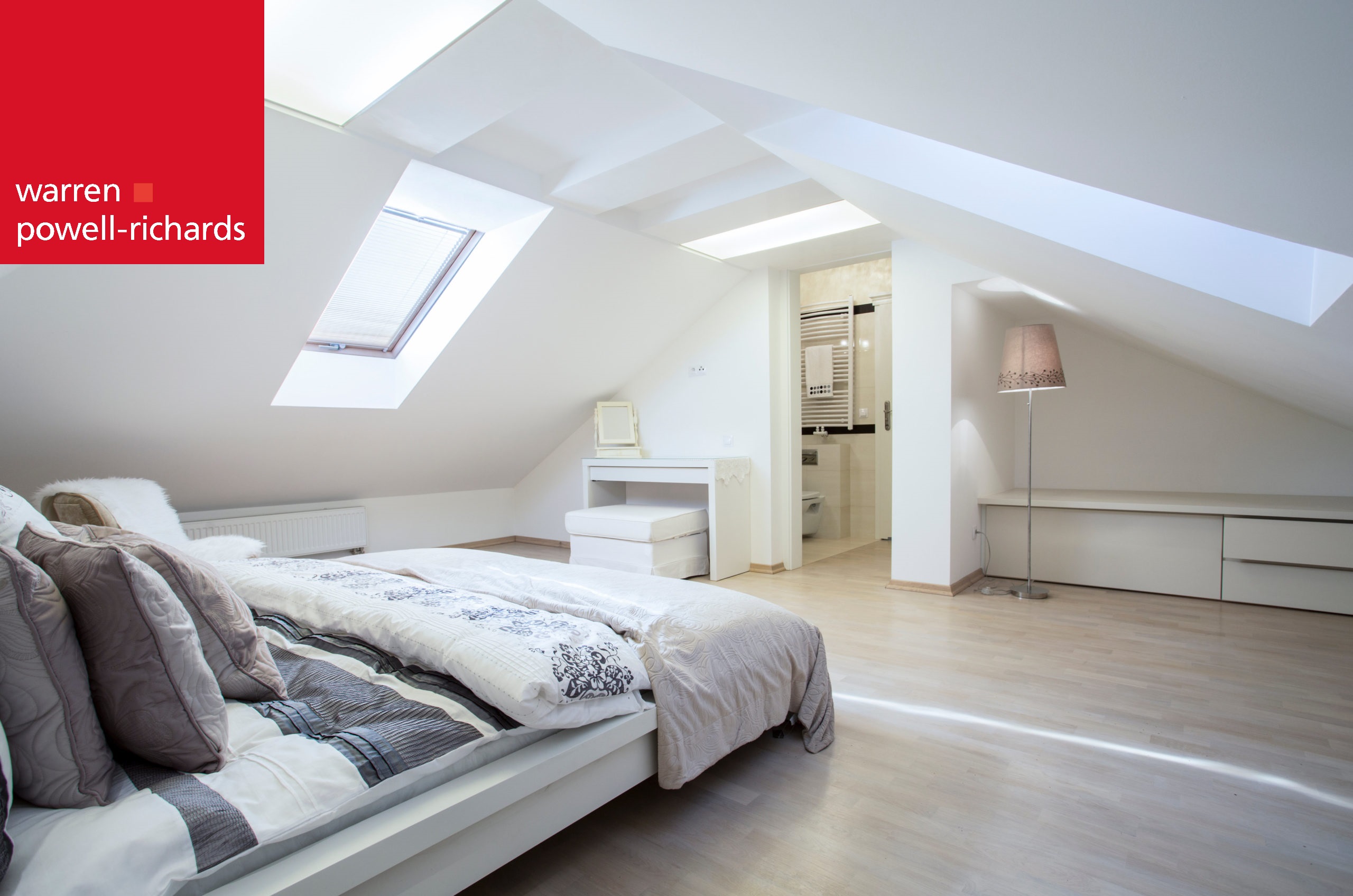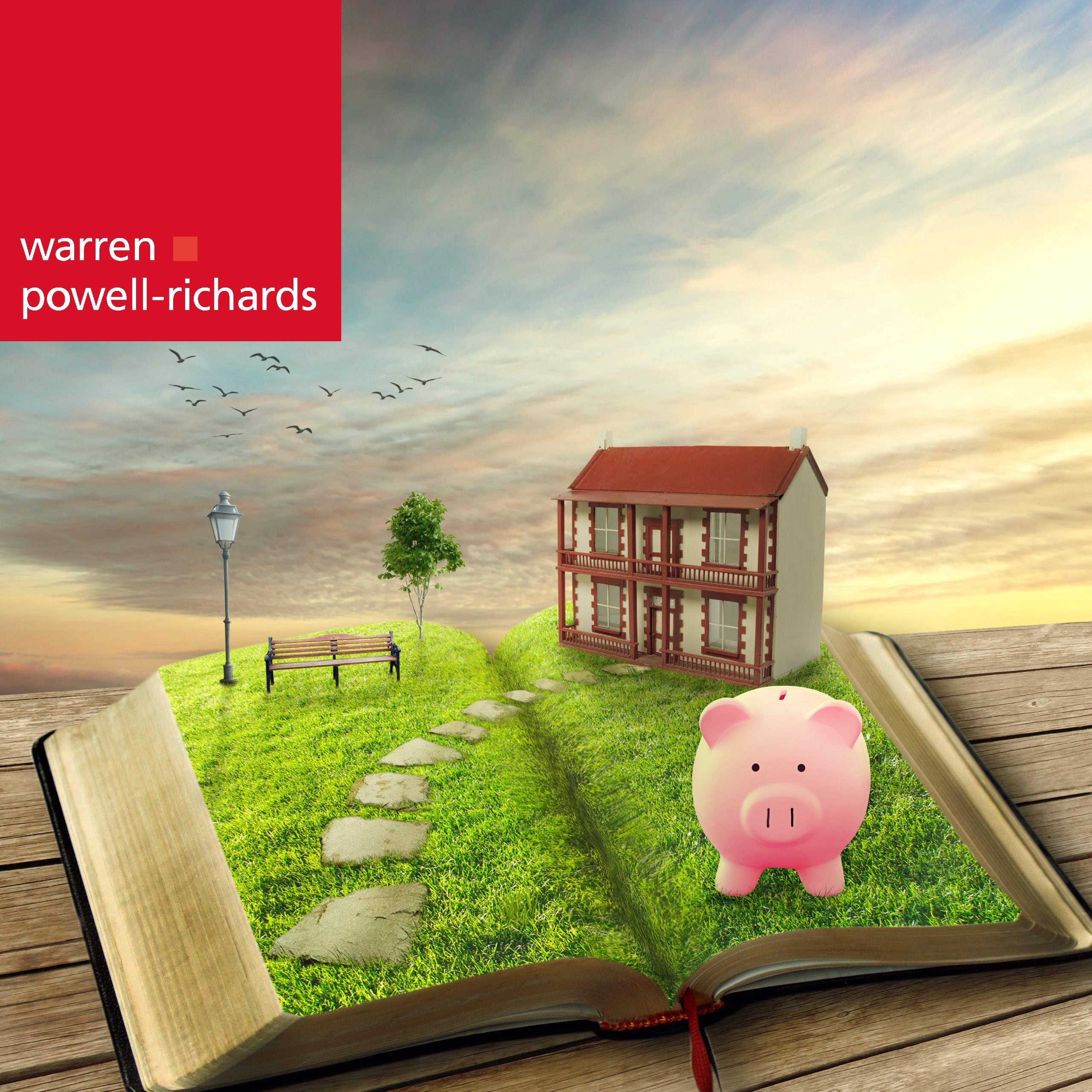Blog
- Details
- Hits: 359

When it comes to adding value to a home, most people automatically think of big, expensive projects like a conservatory or an additional bedroom.
While these will undoubtedly add value to your property, it’s not always as much as people think, and in some cases it can be far more cost effective to repurpose an existing room than to build a whole new one.
Below are some of the best room upgrades you can carry out to add the most value to your home.
- Upgrade The Radiators
The heating system is an essential part of every home, and it’s vital to have radiators that emit enough heat to warm the room they’re in.
Therefore, it may be a good idea to upgrade your radiators, perhaps to get bigger ones that will heat the room up more effectively or ones that can double up as a towel rail for example. A stylish radiator can also improve the appearance of a room and become part of the design
- Add a Kitchen Island
If you have the space to add one then a kitchen island can be worth its weight in gold.
Not only can it create an extra seating area, but it can also provide additional storage space for pots, pans, and appliances. And when it comes to kitchens, you can never have enough cupboard space.
- Add An En-Suite
Although en-suite bathrooms are more common than they used to be, there’s still an element of luxury about them, and many buyers now see them as a must-have.
Despite being one of the more expensive room upgrades you can opt for, they can be a very worthwhile investment when it comes to selling your property.
- Add a Walk-In Wardrobe
If you’ve got enough space in the master bedroom then a walk-in wardrobe is an ideal way to add value.
It also adds a touch of luxury and uniqueness to a property, which can help it stand out when the time comes to sell.
- Convert The Loft
This is probably the most expensive option on the list, but it may give your home the biggest boost in terms of value.
Any way that you can reuse existing space to make it more effective is likely to have a positive impact on your property’s value, and converting the loft to make an extra room is a prime example.
- Convert The Garage
A garage conversion is another of the more costly options, but again it’s one of the more effective ones.
If you already have a driveway and your garage is just being used for storage then conversion to another room is a great way to make it work better for you.
It’s also likely to be a big positive for any future buyers, given the significant increase in people working from home in recent years. In many cases, a home office is of far more use than a garage for buyers.
- Replace The Windows
If your windows are damaged or drafty then it’s worth having them replaced anyway, solely for the fact it will make your home warmer. The added benefit is the savings you’ll make on heating bills as your home is doing a better job of keeping the warmth in.
Add in the fact that new windows can be a key selling point for buyers, and you’ll find that this is a great way of adding value to your home. A lot of buyers will have used most, if not all of their savings on buying the house, so any big, expensive upgrades like new windows or a new boiler are a way of attracting potential buyers, who won’t have that extra cost to consider.
- Add a Fireplace
Adding a fireplace can be an inexpensive, attractive way of boosting your home’s value.
It’s the sort of feature that can make a home feel cosier in the winter months, and it can make a great centrepiece in the living room. Compared with other room upgrades, it’s quite a reasonably priced and cost effective way to boost the value of your home.
- Add a Shower
Homes traditionally would only come with a bath, but in today’s world, a shower is essential, particularly for people with little time on their hands to take a long soak.
Adding a shower above the bath can be quite a simple, inexpensive job if you have a tiled bathroom already in place. If not, it becomes a little more costly, but it’s still a great add-on for potential buyers when they come to view, and it definitely boosts a property’s value.
Homemovers often ask us “what improvements will increase the value of my home?” and the team at Warren Powell-Richards know exactly how to answer this!
- Details
- Hits: 389

Whether you want to invest in property or save for retirement, there are plenty of pros and cons for each. If you’re unsure what’s best for you, this guide should help to give you a few handy tips to fit your circumstances.
Property – The Pros
If you find the right property then you could have a fixed income for life. Rental yields can be as high as 8% in some cities, and demand for rental properties is very high, especially in cities.
With demand often outstripping supply, there’s no reason why your property can’t remain permanently occupied if it’s in the right location.
Another advantage of a property vs a pension is that you can cash in at any time.
Of course, a property sale can take many months, and if you need the money by a certain point then you’ll need to plan ahead, but a property can essentially free up a large amount of cash relatively quickly.
Property is also generally considered to be a solid long-term investment. Although the market can fluctuate, house prices tend to go up over the long-term, so unless you’re in a position where you need to sell quickly and potentially make a loss, you can ride out any storms in the housing market to ensure that you sell for a tidy profit if and when you need to cash in.
Property – The Cons
Owning a buy-to-let property isn’t as simple as buying a place, renting it out and watching the money roll in.
Although rental income can be quite lucrative, there are often lots of additional factors to consider, such as maintenance costs, letting agent fees, and landlord insurance, which can all eat away at your profit.
Void periods are another consideration you’ll need to think about, particularly if you’ve got a mortgage on the property, as a few months without tenants can quickly lead to significant extra costs.
Changes in government legislation in recent years have also made owning a second property far less profitable than it once was, with increased taxes affecting profit margins for landlords.
You should also bear in mind that being a landlord can be quite a hands-on role, even if you employ a letting agent or property management company to look after the property. Ultimately, things like repairs and maintenance costs will fall on your shoulders, and a lot of would-be landlords are surprised by the level of responsibility that comes with owning a buy-to-let.
Pensions – The Pros
Compared with property, a pension is usually a far more hands-off way to grow an investment. In many cases it’s as simple as putting money into a pension pot each month and watching it grow, and especially if you have a financial adviser that you can trust to manage your affairs.
After all, there are no tenants or maintenance repairs to think about when you compare it to a buy-to-let property for example.
Another major plus point for pensions is the fact they attract tax relief. So instead of seeing lots of your investment go into the government’s pocket, you’ll actually be benefiting personally, with pensions being the most efficient investments from a tax perspective.
Pensions – The Cons
The main downside to a pension is that you can’t access any of the money until you’re at least 55. However, as it’s an investment for your retirement, this shouldn’t be an issue, and in some ways, this can be a blessing, as it stops you from pulling the money out on a whim.
Another possible downside to a pension is the fact it’s invested in stocks and shares, meaning it could fluctuate. However, as with property, it tends to go up over time, and you have the option to decrease your risk if you wish to.
The Verdict
Ultimately, it comes down to personal circumstances to determine what’s right for you.
When it comes to tax benefits, pensions are the clear winner as they attract tax relief, whereas landlords have been hit with ever-increasing tax bills in recent years.
However, when it comes to growth, property fares better than pensions, with house prices reaching record highs in recently, especially in certain parts of the UK.
As with any investment, there’s risk involved with both options, and while property can be more lucrative if you find the right place, it’s also widely considered to be the more risky of the two options.
If you’re unsure how to invest your capital then it’s always a good idea to consult a financial adviser.
Have questions about investing in property or becoming a landlord?
Warren Powell-Richards are your local property experts.
- Details
- Hits: 518

Selling your home is a huge life decision. Finding the right person for the job is one of the most important things you can do.
A good estate agent is honest, reliable, and easy to talk to. They can be the sole reason your home sells at the right price and the right time.
But how do you know who’s good and who’s not? Here are four things you should look for in an estate agent to sell your home.
- Communication
Strong communication is one of the most important qualities of a good estate agent. If they aren’t communicating with you from the get-go, this is a bad sign. It’s easy to lose trust in someone that’s keeping you out of the loop. The last thing you want when selling your home is to feel like something shady is going on.
At the point of enquiry, monitor things like how promptly your calls are returned and whether promises are delivered. If an agent says they’ll send you information tomorrow and you don’t hear from them for a week, avoid at all costs.
- Expertise
Your home is one of your biggest assets. Selling it is a skill and you want your estate agent to be an expert. That means they should be up to speed on the local area and can answer any questions you have about the selling process. An agent that knows what they’re doing will be able to reassure potential buyers and get you the right price for your home.
To check expertise, quiz your estate agent on things like local crime rates, local schools, nearby amenities and ask whether they have local area guides.
- Good Reviews
Good reviews speak volumes. They can provide insight into an agent’s expertise, professionalism, and overall ethics.
Check the agent’s website for links to their reviews, success stories or testimonials. A good estate agent will be proud of their social proof, so they shouldn’t be hard to find. Whether it be Google, or AllAgents.co.uk which is the UK's largest review site for estate agents.
- Listening Skills
When you first enquired with your local agent, who did all the talking? If you couldn’t get a word in, this is a huge red flag. If your estate agent isn’t listening to you or acting very interested in what you have to say, how can you trust that they’ll take concerns seriously? Or that they’ll get things done the right way?
While you should expect an agent to pitch their services and sell, sell, sell, you should be doing most of the talking. A good estate agent will ask you questions and listen intently. It’s a sign that they want to understand your property and how they can help.
About Warren Powell-Richards
At Warren Powell-Richards, we pride ourselves on our high standards. Our team can help sell your home with the expertise and professionalism it deserves.
If you’re selling your home, we’d love to hear from you. Get in touch with us today for a chat.
- Details
- Hits: 453

When you’re buying a new home, there’s no denying that the fees can add up. With solicitor charges, new furniture costs and your hefty deposit to pay out for, you’ll no doubt be looking for ways to save money. To lend a hand, we’ve come up with five ways for you to save money when buying a home.
1. Research fixtures and fittings
When sellers are preparing to move, they’ll let you know what fixtures and fittings they’ll be leaving behind. Sometimes, they’ll leave more items if you pay a bit extra. This could be a good deal – but it might not be! Before paying extra, research online to see how much the same items cost second hand. If you find a better deal, you can negotiate with the seller or politely decline to save yourself some cash.
2. Offer wisely
Sometimes, the best way to save money when buying a home is to nab the best offer you can! You don’t want to undercut the asking price too much, but if you research well and make an appropriate offer, you could easily save money. If you think your offer is reasonable, there’s often no harm in giving it a try. If you’re unsure, ask your estate agent or mortgage advisor for advice before going all in.
3. Shop around for a conveyancer
A good solicitor can make all the difference when buying a new home. While it may be tempting to sign a contract with the first one that replies, make sure you get a few quotes first. This way, you’ll know whether you’re being charged an appropriate amount. Just remember that while something may be cheap, you may not get the best service. To secure a high-quality conveyancer, ask your estate agent for a reliable recommendation.
4. Switch energy tariff immediately
When you first move in, your home will still be with the previous owner’s energy provider. But they won’t charge you the same rate the previous owners had. They’ll likely put you on their standard tariff, which can be significantly higher than their other rates. When you first move into your home, take a meter reading and shop around for a new deal as soon as possible to save some cash.
5. Check removal quotes in both areas
If you’re moving somewhere completely new and need to hire removal services, get a quote from a company in your current area and your new area. You might find that a company closer to your new home has a better deal than the one just up the road.
Get help from the experts
Looking for more ways to save money when buying your new home? Here at Warren Powell-Richards, we can help you find the best home for the best price.
- Details
- Hits: 509

Deciding to put your home on the market is a huge step. But, beginning the process of preparing your property for sale can be completely overwhelming.
Here are eight tips every seller should follow to ensure their home is ready to welcome viewers.
1. Do a Thorough Declutter
A rigorous declutter is essential before you place your house on the market. This will not only make your home look bigger, brighter and more inviting, but it will help massively with the moving process.
The easiest and most thorough way to declutter is to approach each room separately. Empty the entire contents of the room, and split it into three separate piles. The first should be items you adore, which will be joining you in the new home.
The second pile should be items of excellent quality, but belongings that are simply not loved by your family anymore. These can then be sold, given away, or donated to charity.
The third and final pile will consist of items that are no longer any good. These can then be taken to your local recycling centre to be transformed into something new.
2. Clean Rigorously
Your home must be sparklingly clean in the preparation process to allow for the best quality photographs to entice the most viewers.
Consider renting a carpet cleaner to scrub the floors throughout your home. Additionally, take this opportunity to deep clean the blinds and curtains, which will transform any space.
3. Decorate and Depersonalise
Viewers want to look around your home and imagine a place that their family will enjoy. During their visit, they will visualise how their furniture and belongings will sit in each room, which can be challenging if the space is already cluttered.
Where necessary, paint the rooms in light, neutral colours to attract the broadest range of viewers. Remove any large family photos and pictures, which can also be distracting for potential buyers.
However, avoid expensive renovations such as kitchens and bathrooms. These might look fantastic, but it is unlikely you will reap the rewards during the sale.
4. Complete All Maintenance Jobs
There are many niggly things in our homes that we learn to live with. Stained carpets, leaky pipes, and unvarnished windowsills.
Showing your home to a potential buyer with these issues suggests you have not loved and taken care of the property, which can seriously deter viewers. In such a competitive market, your home needs to do everything it can to stand out in the crowd.
These tasks are often inexpensive and quick to sort, so dedicate an afternoon to fixing the issues before you plan to put your home on the market.
5. Switch Around the Rooms
You may use certain rooms in a way that works perfectly for your family, but that doesn’t mean it will appeal to prospective buyers.
For example, you might be currently using your dining room as a playroom. Unfortunately, this may eliminate older couples with no children or those who don’t plan to start a family soon. Remember, buyers quickly glance through the online advertisements, so your home must do everything it can to make the best possible first impression.
Try to squeeze in an office space where possible. More people are working from home than ever before, and a dedicated space for a desk will make a huge difference.
6. Set The Scene
Home staging is the process of ensuring your home looks its absolute best before the photographs are taken, or buyers enter the property. You might decide to lay the table, add new lighting, or even rearrange the furniture to maximise the potential of each space.
Fill rooms with fresh flowers and reed diffusers before viewers arrive to leave the house smelling beautiful.
7. Freshen up the Garden
The outside space is as important as what’s inside the home for most buyers. Therefore, ensuring your garden is in top condition is imperative.
Before de-weeding the area and mowing the lawn, you should remove any empty plant pots, toys, or general waste. This shows the garden has been cared for throughout your ownership.
Kerb appeal is crucially important too, and viewers often make snap decisions on their first impressions. Therefore, it may also be worthwhile to paint any garden walls or fences, brightening up the area.
8. Arrange a Fantastic Photographer
Once your home is ready to be put on the market, it’s time to hire a fantastic photographer to capture all of your hard work. Your estate agent will usually be able to arrange this for you, ensuring that your home is shown in the best possible light.
Warren Powell-Richards are your local property experts





ALTON | FARNHAM | GODALMING | GRAYSHOTT | HASLEMERE | LONDON